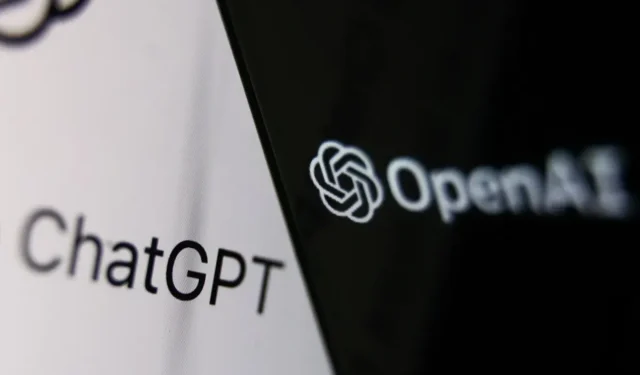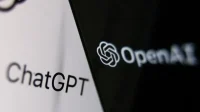OpenAI empowers developers. The company is launching an API for ChatGPT and Whisper.
OpenAI, the company behind ChatGPT and DALL-E 2, recently announced several major changes. First, it launches the ChatGPT developer API and its Whisper transcription model. It then changed its terms of service so that developers would no longer allow their data to be used to improve their systems, while adding a 30-day retention period.
OpenAI gains momentum with developers
This new ChatGPT API uses the same AI model (gpt-3.5-turbo) as the popular chatbot, allowing developers to add the original version of ChatGPT or another. Snap’s My AI is an early example, as is the new virtual tutor feature in learning tool Quizlet and the upcoming Ask Instacart tool in the popular local shopping app. However, the API will not be limited to brand-specific bots that copy ChatGPT; it can also offer “non-conversational”programming features that can benefit from AI.
The ChatGPT API is offered at $0.002 per 1,000 tokens (about 750 words). In addition, it is possible to choose a large capacity option. These new options complement ChatGPT Plus, a $20/month service launched in February.
Meanwhile, OpenAI’s Whisper API is a hosted version of the open-source Whisper voice-to-text model that was launched in September. “We launched the model, but it wasn’t enough to build an entire developer ecosystem around it,”Greg Brockman, president and co-founder of OpenAI, told TechCrunch. “The Whisper API uses the same model as the open source one, but we’ve optimized it as much as possible. It’s much faster and extremely convenient.”The transcription API will cost developers $0.006 per minute, providing “reliable”transcription in many languages and offering English translation.
Company launches API for ChatGPT and Whisper
Finally, OpenAI announced changes to its Developer Terms of Service based on customer feedback on privacy and security. Unless the developer explicitly agrees to this, the company will no longer use the data sent via the API to “improve its service”to train its AI models. In addition, it adds a 30-day retention period, offering stricter “as per user needs”retention options (meaning companies with big budgets, of course). Finally, the company simplifies its terms of data ownership by clarifying that users own inputs and outputs.
The company will also replace the pre-screening process for developers with an almost fully automated system. OpenAI justifies this change by stating that “the vast majority of applications were approved during the review process”, claiming that its monitoring has “improved significantly”. “One of our biggest challenges was figuring out how to make it attractive to developers,” Greg Brockman told TechCrunch. “Our mission is to build a platform on which others can build something.”


